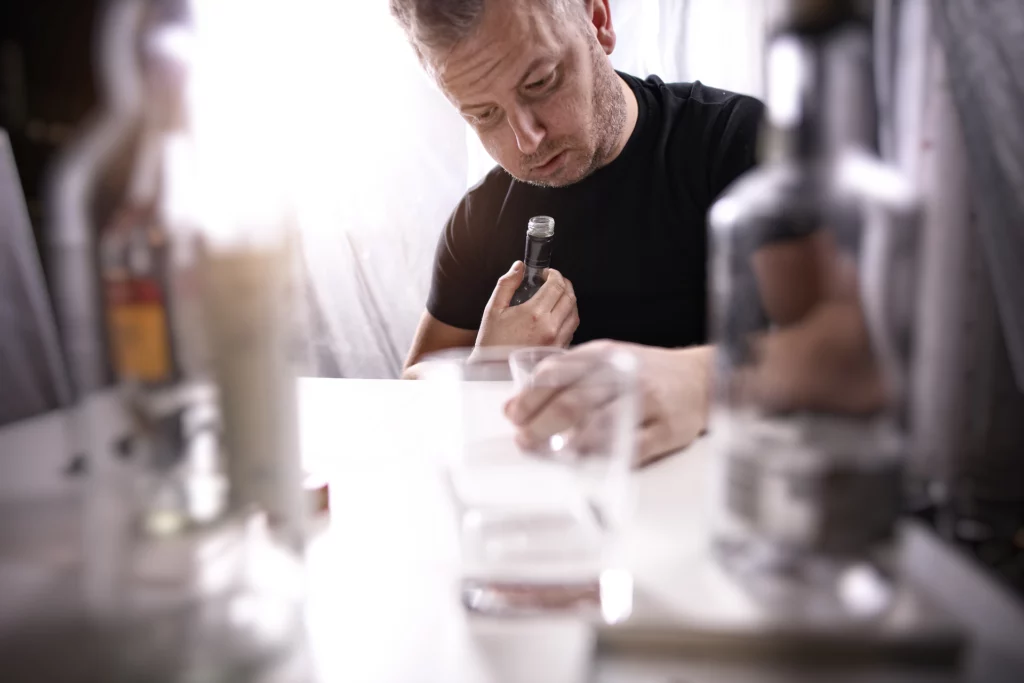Effective Programs for Detox from Alcohol at South Shores
Millions of Americans struggle with alcohol addiction, and many of these people need the services of an alcohol detox facility. Typically, it takes a full week to completely detox from alcohol, but depending on the severity of the addiction, it can take longer. Withdrawal symptoms can range from mild to serious depending on your level of drinking.
There are various symptoms that accompany an alcohol detox. They can be extremely uncomfortable, and even life-threatening in some cases. Those with severe alcohol use disorders will likely also experience more pronounced withdrawal symptoms, such as hallucinations and seizures. It should be noted, however, that the alcohol detox process is different for everyone.
What Does Alcohol Detox Mean?
We Accept Most Major Insurance Providers – Call Now!
Who Needs Alcohol Detox?
Warning Signs of Alcoholism
- Lack of interest in previously normal or loved activities
- Appearing intoxicated more regularly
- The need to drink more to get “drunk”
- Appearing tired, unwell, or irritable
- An inability to say no to alcohol
- Anxiety, depression, or other mental health problems
- Becoming secretive or dishonest
Symptoms of Alcohol Withdrawal
- Anxiety
- Depression
- Exhaustion
- Headache
- Jitters
- Mood swings
- Insomnia
- Change in appetite
- Racing heartbeat
- Body tremors
- Nightmares
- Sweaty or clammy skin
There are also severe signs of alcohol withdrawal called delirium tremens (or DTs). These severe symptoms of alcohol withdrawal have the potential to be life-threatening. There are medications for alcohol detox that can help you to mitigate these symptoms. Examples of severe alcohol withdrawal symptoms include:
- Agitation
- Confusion
- Disturbed mood
- Hallucinations
- Fever
- Seizure

Alcohol Detox Timeline
Day 1
Day 2-6
Withdrawal symptoms will usually be at their peak after the first day. It is common to feel anxiety and nausea during detox, to have a fast heartbeat, and to experience vomiting. You may also experience a bad mood or hallucinations. With an increase in blood pressure, a seizure is also common at this point.
Day 7+
Benefits of a Medically Supervised Detox Setting
Helps to avoid seizures and delirium tremens, which come along with the most dangerous withdrawals. There are many benefits of a medical detox program. In most cases, they are an essential part of treating alcohol addiction. Typically, it is very helpful for drug withdrawal, but especially when detoxing from alcohol.
In medical detox settings, doctors will provide exams and evaluations which include checking temperature, heart rate, breathing patterns, and more. Toxicology screens are often performed in order to sense how much alcohol is in the system, and what action to take. It can help to determine if alcohol poisoning has taken place, the state of your liver, and a path to healing.
Risks of At Home Alcohol Detox
There are many at-home alcohol detox risks, which are essentially the dangers of quitting cold turkey. But can you die from alcohol detox?
In severe cases, you can die from quitting cold turkey, which is why it is important to go through medical detox at an accredited alcohol detox facility in Orange County such as South Shores.

Types of Addiction Treatment
Inpatient Treatment
Misuse vs Abuse vs Addiction
Misuse
Abuse
Addiction
Finding the Right Program for You
The continuum of alcohol treatment is not the same for everyone, although typically alcohol detox lasts about a week. It may feel longer, and there are other phrases that come after the initial detox. Support is essential during this time. Because there has been research that shows detox is not enough, but there must be other treatments to follow it up, such as inpatient treatment, or outpatient care.
